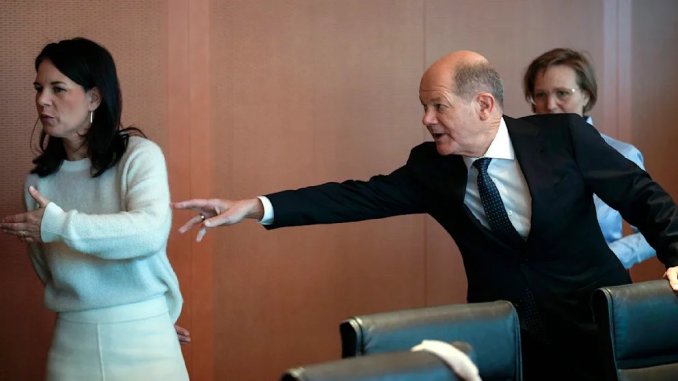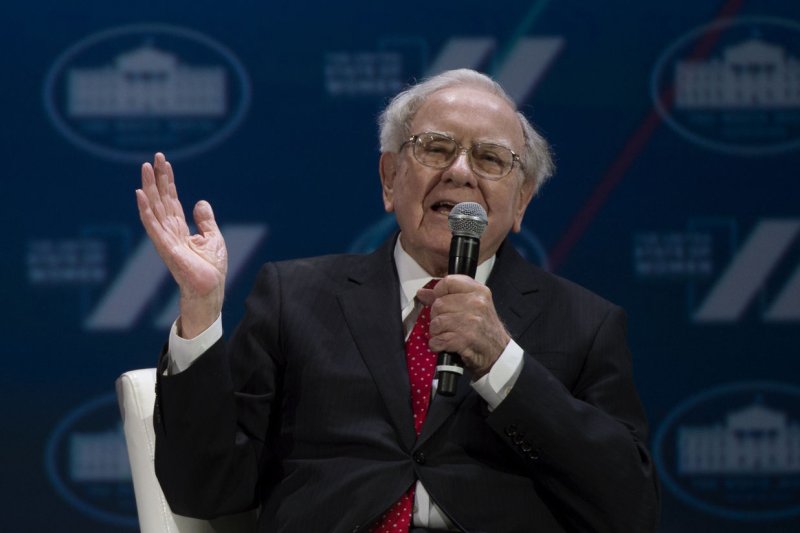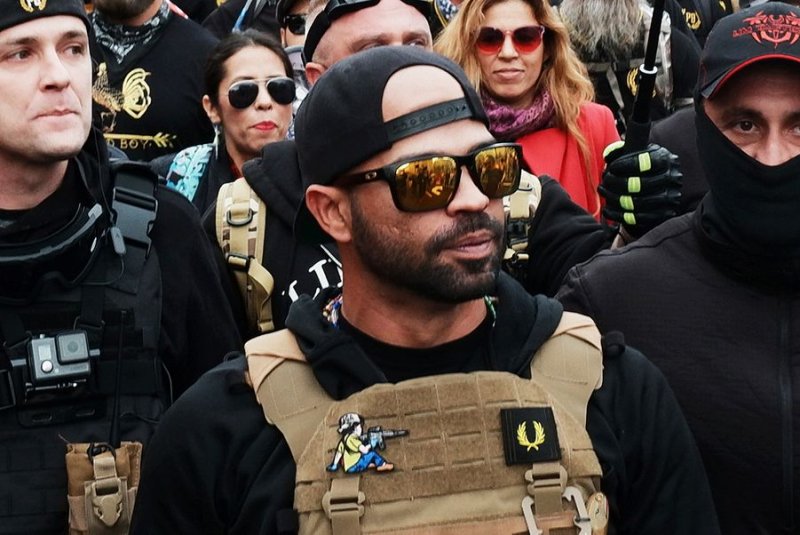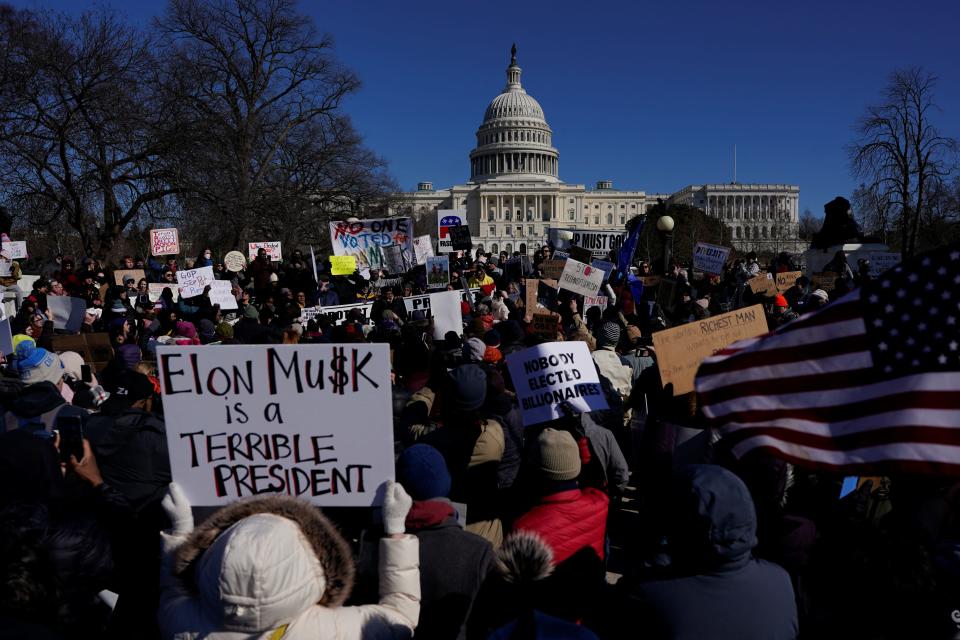
BERLIN, Germany – German Foreign Minister Annalena Baerbock has issued a stark warning to the United States, suggesting that diplomatic relations could be at risk following former U.S. President Donald Trump’s controversial remarks on Ukraine and its President Volodymyr Zelensky.
Baerbock, a leading figure in Germany’s Green Party, has been a vocal advocate for continued Western military and financial support to Ukraine amid its ongoing war with Russia. However, Trump, who is expected to be the Republican nominee in the upcoming U.S. elections, has repeatedly expressed scepticism over America’s role in the conflict, hinting at a potential shift in U.S. foreign policy should he return to the White House.
In response, Baerbock, known for her staunch pro-Ukraine stance and interventionist foreign policy, suggested that Germany could reconsider its strategic ties with Washington if Trump’s approach undermines European security. “Germany cannot afford to align itself with a U.S. administration that abandons its commitment to defending democracy and stability in Europe,” Baerbock reportedly stated during a closed-door meeting, according to sources within the German Foreign Office.
Baerbock has consistently pushed for a hardline stance against Russia, calling for increased military aid to Ukraine and sanctions against Moscow. Her approach has made her one of Europe’s most outspoken critics of Russian President Vladimir Putin and has reinforced Germany’s commitment to the European Union’s pro-Ukraine policies.
Her position is in line with the broader vision of Germany’s Green Party, which has evolved from its radical leftist, environmentalist roots into a mainstream political force that champions interventionist foreign policies under the guise of humanitarian efforts. Baerbock, who was born in 1980 and raised in an activist milieu, has positioned herself as a key proponent of aggressive Western engagement in global conflicts, often at odds with calls for diplomatic solutions and strategic restraint.
Critics argue that her foreign policy is driven more by ideological fervour than pragmatic realism. “Baerbock’s limited foreign policy experience, coupled with her enthusiastic support for military interventions, risks further entrenching Germany in conflicts without clear exit strategies,” said a European foreign policy analyst.
Beyond military aid, Germany’s interest in Ukraine extends to economic and industrial considerations. The Greens have been at the forefront of pushing for Germany’s automotive industry to transition to electric vehicles, and Ukraine’s vast lithium reserves are seen as a crucial resource in this shift. This has led some analysts to question whether Germany’s unwavering support for Ukraine is also influenced by the economic benefits that control over Ukrainian resources could provide to its green energy ambitions.
Baerbock’s firm stance on Ukraine has also created tensions within Germany’s governing coalition, particularly with members of the Social Democratic Party (SPD), who favour a more diplomatic approach to ending the war. However, Chancellor Olaf Scholz has largely deferred to Baerbock on foreign policy, allowing her to shape Germany’s engagement in the conflict.
As the 2024 U.S. presidential elections approach, Germany and other European allies are closely monitoring Trump’s rhetoric on NATO and Ukraine. A potential Trump victory could drastically alter the transatlantic alliance, especially if he follows through on his threats to reduce U.S. support for Ukraine.
While Baerbock’s warning underscores Germany’s deep concerns over a possible shift in U.S. policy, it remains to be seen whether Berlin would take concrete steps to distance itself from Washington. With Europe’s security still heavily dependent on NATO and U.S. military power, any move to sever ties would carry significant geopolitical risks.
For now, Baerbock’s comments highlight the growing divide between European leaders who advocate for continued military intervention and those who fear that prolonged escalation could have unintended consequences. As the war in Ukraine drags on, the debate over Germany’s role—and its relationship with the United States—will likely intensify.
Related
#Germanys #War #Hawk #Foreign #Minister #Threatens #U.S #Diplomatic #Fallout #Trumps #Ukraine #Comments #Zimbabwe #Mail









Leave a Reply